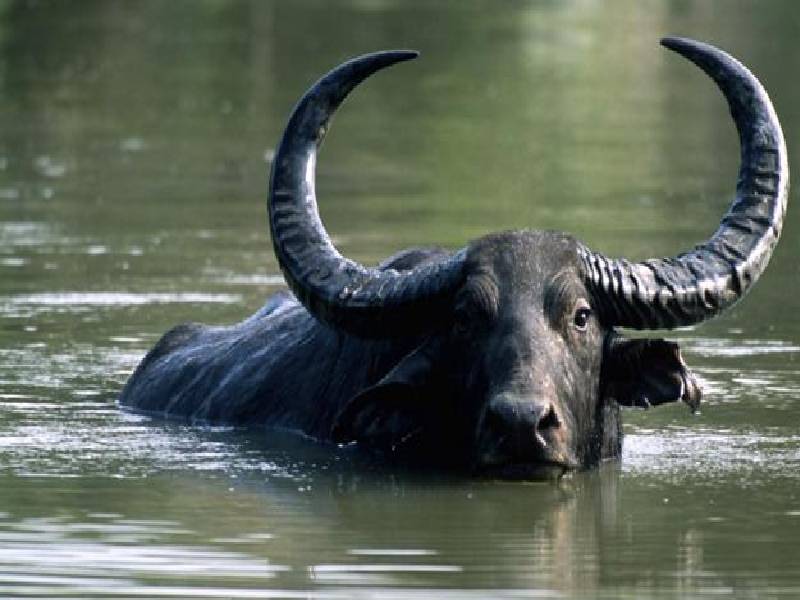Different animals have adapted to domestication in similar ways: CCMB study
By Newsmeter Network
Hyderabad: Scientists at CSIR-Centre for Cellular and Molecular Biology (CCMB), Hyderabad, who have been studying the genomes of water buffaloes and domestic buffaloes for over a decade have found that parts of genomes of both these species have evolved similarly in response to domestication.
These include genes that are associated with milk yield, disease resistance, stature, and birth weight. Both these animals were selectively bred by humans and chosen for traits desirable to humans. The similarities found in their genomes suggest different animals have adapted to domestication in similar ways.
Professor Satish Kumar of the Central University of Haryana who was a former researcher at CCMB and collaborators at the University of Edinburgh have compared the effects of domestication on the genetic makeup (genome) of water buffalo breeds with that of other cattle breeds from across the world.
“Studies like this open up ways of finding genes linked with beneficial traits in different species of animals. Genome-editing techniques allow propagating those genes selectively and improving the productivity and health of agricultural animals in low and middle-income countries,” said Prof. Kumar.
Dr. Rakesh K. Mishra, the director of CCMB said, “Millions of agricultural and dairy farmers rely on buffaloes and cattle in India and other Asian countries. With an ever-increasing population, the demand for food will only soar. It is important that we find healthier ways for our cattle and buffaloes to cope with the crisis. Choosing appropriate genes through gene-editing or traditional selective breeding allows for a very effective way of raising healthier animals.” domestication